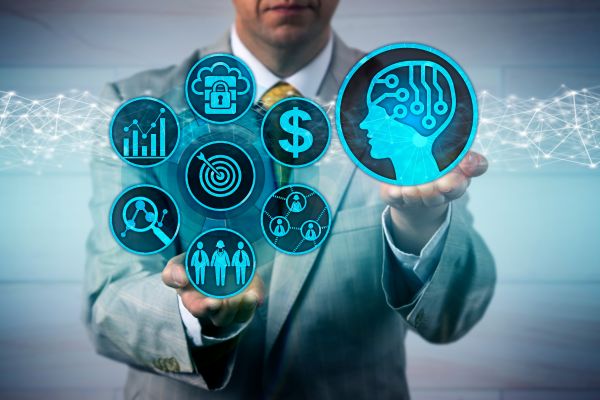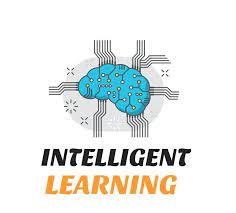Artificial intelligence: The phrase conjures images of robotics, time travel, science fiction, and other futuristic concepts. However, digital marketing consultants believe that the present is the future. In the future, artificial intelligence (AI) marketing will play an even more significant part in how businesses communicate with their target audiences.
We have worked with many digital marketing consultant, and their opinions about AI usage from an AI perspective are eye-opening.

According to projections, AI marketing will rule the marketing sector by 2017. With the aid of new technology, marketers will be able to manage campaigns and get to know audiences on a more individualized and data-driven level than ever before. Additionally, it will provide the sector with big data insights that will significantly improve campaign execution and ROI with almost no additional work from marketing teams.
But what precisely is Artificial intelligence marketing, and what kind of effects can we expect it to have on the market?
Understanding big data and machine learning in their entirety is crucial for understanding AI marketing. Big data is exactly what it purports to be: a method for a marketing team to gather and categorize substantial amounts of data gathered from various sources.
Big data is precisely what it seems to be: a quick and easy solution for a marketing team to compile and categorize massive volumes of data from various sources. Through the customer’s preferred channel, this information can be leveraged to deliver the correct message to the right person at the right time. Marketers can find patterns and trends in consumer behavior thanks to machine learning.
Marketers can use the knowledge they gain from this experience to forecast patterns and the possibility that consumer behavior will repeat itself. AI marketing solutions are useful at this juncture. The elegance of AI platforms lies in their capacity for human-like interpretation and communication. These solutions can quickly spot important themes by scanning enormous volumes of data. They can also be utilized to accomplish the same goals in free-form content like emails and social media posts.
Here are five ways AI marketing will affect marketing outcomes in the years to come and make marketers smarter in light of this insight.
1. Search More Wisely

With social media and lightning-fast search engines, consumers may access more information than ever before. Customers are searching as a result not only more quickly but also more intelligently and effectively. To better optimize content, marketers can employ AI marketing solutions to evaluate these search patterns.
Voice search is yet another thing to think about. One article on AI marketing states that as searches shift away from search engines and toward virtual assistants like Siri and Cortana, “marketers need to be mindful of how voice influences search and how that then affects their existing SEO strategy.”
2. Be a wiser advertiser

The demand for better, more optimized adverts goes hand in hand with the need to profit from smarter searches. As the majority of marketing professionals are aware, businesses may use consumer data to tailor marketing strategies, including advertising.
AI solutions may forecast human-level outcomes and assist advertisers in reaching their target audiences most effectively by analyzing internet data, such as keywords and social media profiles. Ultimately, smarter advertisements are one of the main reasons why artificial intelligence will rule marketing by 2017 and businesses may anticipate a rise in conversions.
3. Smarter content delivery

Marketers can find a new level of target marketing when data science and execution, particularly through AI, come together. Marketing teams may be able to identify audiences using AI technologies.
Marketing professionals can genuinely understand their audiences as individuals by employing audience analytics to go beyond the typical demographics, which AI technologies may help them do. Consumers have repeatedly stated that this is of the utmost importance.
4. Improved client services

In order to help with customer service difficulties, AI marketing solutions have access to almost a limitless quantity of information, or at least that of the entire internet. Static FAQs are no longer sufficient; AI-powered chat features and other forms of direct consumer involvement can take their place. This can free up priceless staff time while saving resources and delivering a much more effective service than their human counterparts.
5. Intelligent learning

These science fiction programs got one thing right: AI can be taught. AI marketing solutions learn from extra consumer insights to deploy new campaigns, optimize outreach, and narrowly target the most suitable people. This learning develops a more sophisticated AI over time, a tool that will significantly boost conversions and encourage real-time decision-making.
Last thoughts

Marketing software providers are putting a lot of effort into developing and implementing cutting-edge AI solutions. These technologies can handle even the most time-consuming and laborious activities that marketers find difficult to do, offering marketing teams the most valuable resource.















